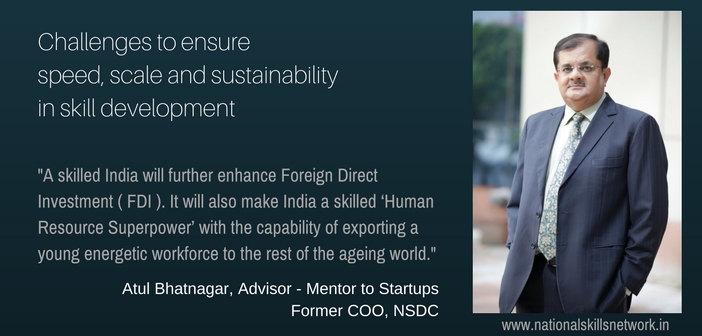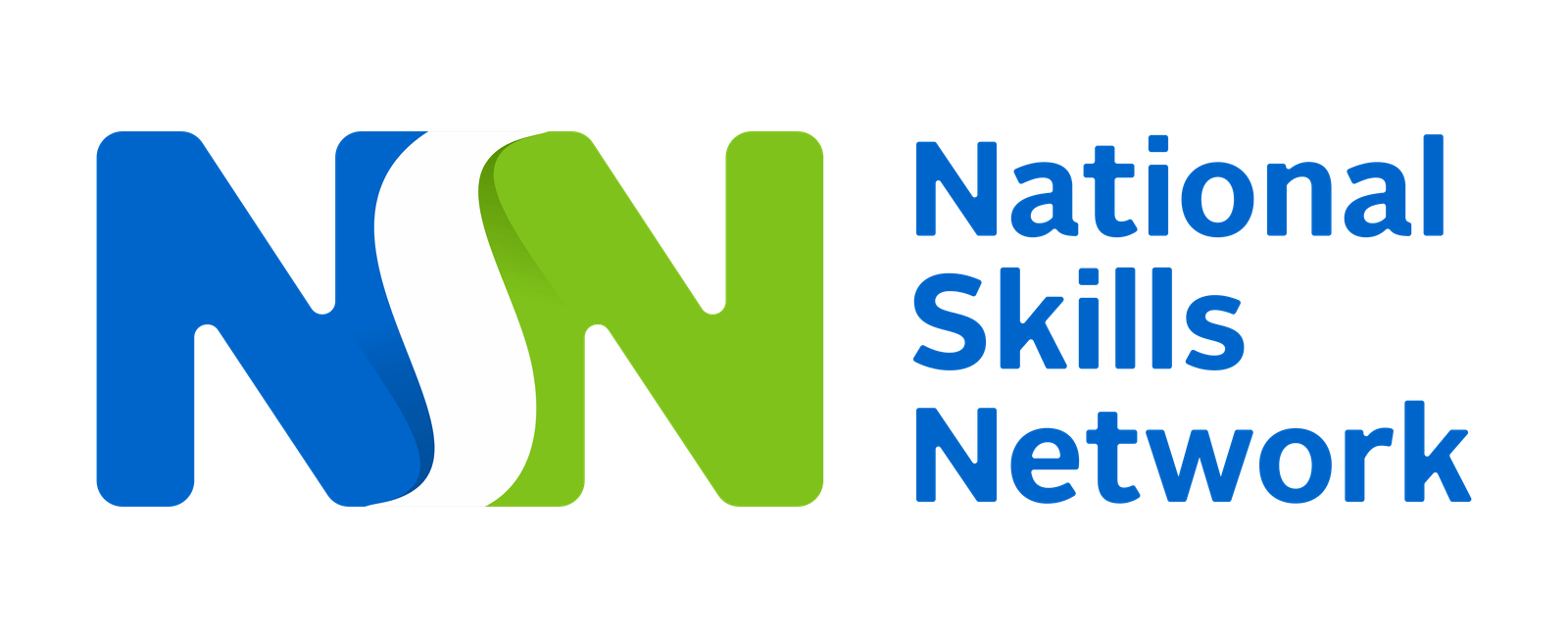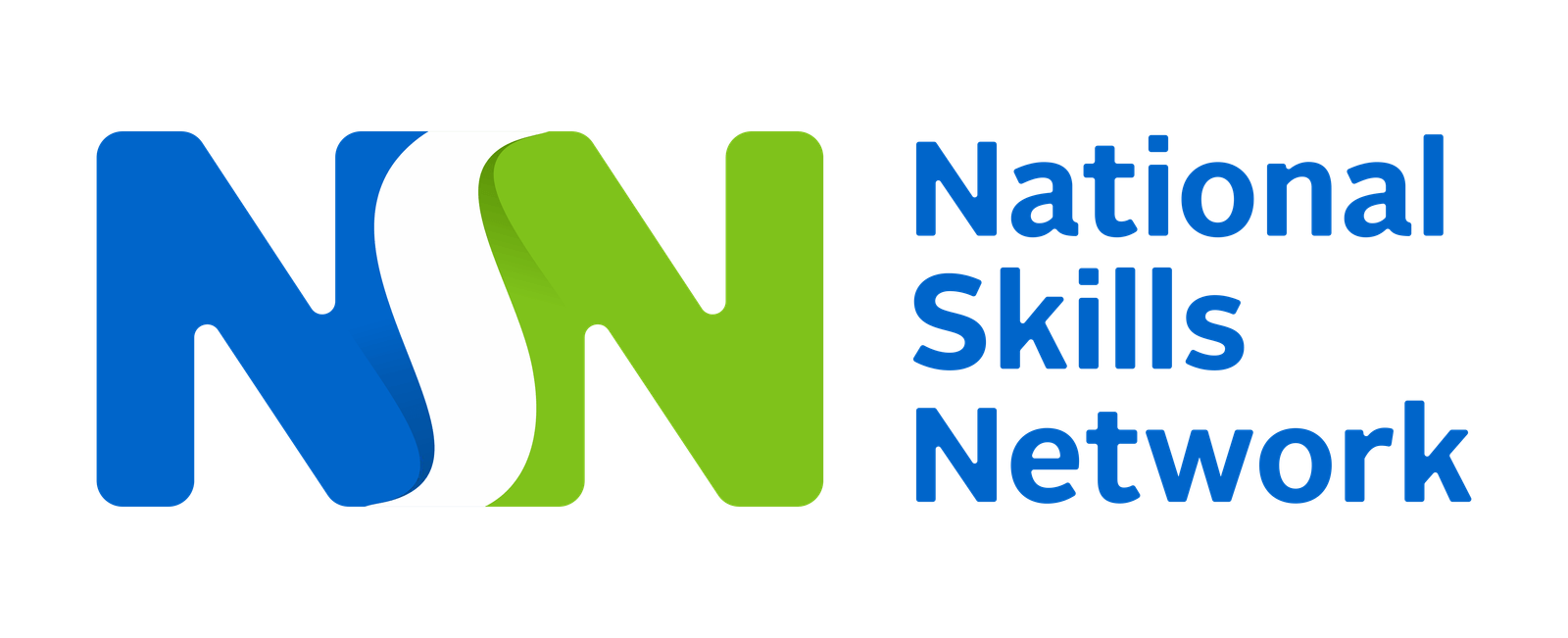The key to reaping the real benefits of demographic dividend lies in skilling the youth as per industry standards to fulfill skill gaps which can serve the purpose of national missions like ‘Make in India’, ‘Digital India’, ‘Stand-up India’ etc. In this Skill Talk, Atul Bhatnagar (former COO, NSDC), and currently an Advisor and Mentor to start-ups like Youth4work and MeraJob in India, discusses critical issues that need to be addressed to match the massive scale of skill development initiatives with speed and sustainability.
Let’s begin by understanding how the demographic dividend can be leveraged in a society that has a largely education-and-degree-oriented mindset. By 2020, the average age in India will be 29 years while in EU it would be 45 years, in Japan 48 years and in China 38 years. At the global level, there will be a shortage of 55 million workforce, while India would have a surplus of 47 million workforce. So, while the world is ageing India is becoming younger and more populous by the day. If this young workforce were to get skilled against industry certified standards then there is an opportunity to reap the demographic dividend. If this opportunity slips by, then it can lead to demographic disaster.
 In my view, we should focus on 5 pillars of work to develop a sound ecosystem involving passion, people, programs, pricing and processes.
In my view, we should focus on 5 pillars of work to develop a sound ecosystem involving passion, people, programs, pricing and processes.
1.Matching skills with jobs
There are jobs in the Indian market where there are no skilled people and there are skilled people with no jobs. We need to have a balanced approach where skill development fulfills the skill gaps across the country. Currently the mismatch is alarming with a growing demand for skilled resources required by the industry, especially in the manufacturing sector. Typically, students are influenced with a mob mentality of wanting a job in the BPO and IT sectors which witnessed a revolution in early 2000s. The truth is that the demand for jobs and salary levels are falling and there is an over-supply in this sector. This is in sharp contrast to the huge shortage in manufacturing sector where employers are not getting skilled people
2. Recognition of Prior Learning (RPL)
India’s problem is not a lack of skilled people; it is more an issue of certified skilled people. How does one recognize the skill level of a person in the absence of any assessment and certification? When a carpenter or an electrician or plumber lands up at your door, you can only make a ‘guess’ about his/her competency because he/she is not certified. There are millions who get ‘skilled’ by observing and informally skills get passed on from one person to another. But, this doesn’t guarantee that the skills meet the current standards of the industry. For example, most electricians may not be even aware of Health, Fire and Safety standards. They need to be formally certified as 75% of fires in domestic settings are because of electrical fires! So, there is need to recognize prior skills through formal assessment and certification.
3. Fresh skilling
It is estimated that on an average, one million youth would be joining the work force every month for the next 10 years. That makes it 120 million people in a decade. They have to be freshly skilled – skills that the industry wants. They cannot be vague and directionless and pursue general education. For example, it is not good enough to learn a programming language only without being skilled to run and maintain an Application say, an online billing system for a hospital or an insurance company, where they can apply their IT knowledge to add value to their employer
4. Alternate career option through skilling
Till now , we have overemphasized the need for education and a degree as the means to getting a job and build a career. Sadly, this has led to many graduates and post-graduates becoming unemployable or underemployed. As an alternate, skill development leading to an outcome – wage or self-employment – needs to be recognized, respected and pursued for not only graduates, but school dropouts too. The parental mindset is still on graduation and the obsession of getting a degree by hook-or-crook has many a time stressed out upcoming youth leading to frustration and confusion without proper employment. With appropriate skilling a 10th class pass can add more value to the employer by being skilled in running a billing system than a graduate who knows theory but can’t put it into practice. We are not saying that one should stop education; learning should continue all through one’s life.
First Learn a skill, Earn, Learn more, Earn more and along the way, complete one’s quest for graduation through e-learning, distance education or multimedia learning.
5. Entrepreneurship
How do we convert our traders and businesspersons into entrepreneurs? We need to groom them to be entrepreneurs who have a vision for their business, who can manage finances, track their progress through financial statements, plan for uncertainties and meet changing customer needs. It is an entire ecosystem of where to sell, where to get money from, how to plough back your profits, where to get advisors so that your business becomes a success. Each Entrepreneur will employ more people which will lead to job creation and multiplication.
In addition to these 5 pillars as the supporting structure for skill development, we need to make skill development aspirational to complement the formal education system.
How education and skill development can co-exist and complement each other?
Let’s try to understand the difference between education and skilling in a simple way. To answer a question in a Cookery exam on how to make ‘Butter Chicken’, a student may reproduce the recipe from Celebrity Chef Sanjeev Kapoor’s book and get full marks. But can he or she make the dish with the same skill? This is where education and skilling differs. Education has become synonymous with rote learning to get top marks without understanding or learning the application of knowledge. It is important to give recognition to skills. In the popular Master Chef series on TV, a routine activity like cooking is elevated to a different level when someone becomes a Chef. No one thinks much about a Cook but everyone respects a Chef. The basic skill is Cooking, which is common to both the Cook and the Chef and yet the perception and remuneration are vastly different.
It is possible to make someone employable in 12 weeks with skills aligned to a job role compared to 12 years of general education and no skill to put into use. It is all about letting the industry decide the standards, competencies and assessment criteria so that one can become employable by going through the system. Also, these standards need to be adopted uniformly and be subject to change fast to keep pace with the market requirements and technology evolution.
How will skill development help in accomplishing national missions?
Skill India mission is at the centre of all national missions. For example, ‘Make in India’ has 25 growth sectors which require focus. Each sector requires skilled workforce in order to achieve their goals. Let’s take the Automobile Sector. There are nine geographical Auto-belts in India. The demand for skilled labour by the automobile companies needs to be broken down into specific job roles and numbers required in those geographical areas. This has to be followed by skill development against those industry demands for the youth in those regions followed by jobs. You can actually contain migration and attrition in this way.
Subscribe to our YouTube channel for more updates:
Subscribe on YouTube














True skill development is key
Thanks for educating me in more depth ecosystem of skill development and entrepreneurship and allign with current and future needs.